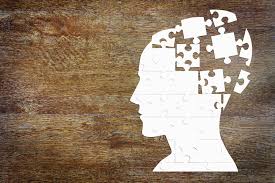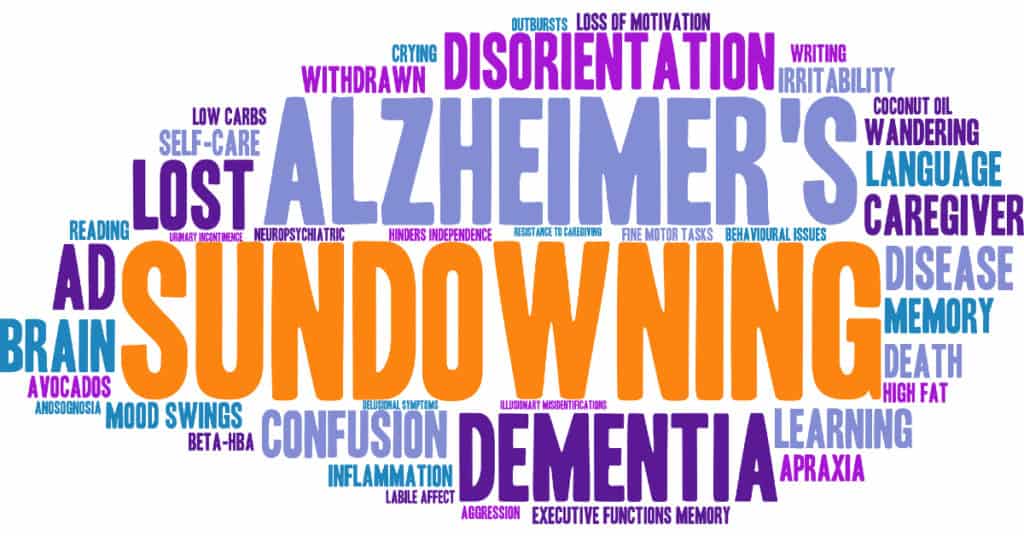If you are the caregiver for someone with Alzheimer’s disease or dementia, it is important to be prepared for the challenges that come with the job. These diseases can cause a person to behave in ways that are unfamiliar and sometimes difficult to manage. In this blog post, we will provide some tips on how to care for someone with Alzheimer’s disease or dementia. We hope that this information will help make the experience a little bit easier for both you and your loved one.
Contents
- 1 Understanding Alzheimer’s Disease and Dementia
- 2 Treatment For Alzheimer’s Disease and Dementia
- 3 Helping Someone With Alzheimer’s Disease and Dementia
- 3.1 Accept The Reality
- 3.2 Be Patient
- 3.3 Create A Routine
- 3.4 Plan Activities
- 3.5 Be Flexible
- 3.6 Encourage Socialization
- 3.7 Try To Make Them Feel Included
- 3.8 Communicate With Others
- 3.9 Help With Cues
- 3.10 Inculcate Healthy Codependency
- 3.11 Be An Advocate
- 3.12 Educate Yourself And Others
- 3.13 Be Prepared For Changes
- 4 Tips For Caretakers
- 5 Conclusion
- 6 A Word From Therapy Mantra
Understanding Alzheimer’s Disease and Dementia

It is first essential to understand what these two conditions mean. In general terms, they are used interchangeably because of their common premises regarding memory loss. However, the two are different.
Alzheimer’s disease is a degenerative brain disease that slowly destroys memory and cognitive skills. Dementia, on the other hand, is an umbrella term used to describe various symptoms associated with a decline in mental ability.
However, the common ground for these conditions is classified by a continuous decline in thinking, behavioral and social skills that affect a person’s ability to function independently.
Treatment For Alzheimer’s Disease and Dementia
 Although there is no cure or fix to improve these conditions, there are various tests and diagnoses available to confirm the symptoms. These may include
Although there is no cure or fix to improve these conditions, there are various tests and diagnoses available to confirm the symptoms. These may include
- Neurological exams
- Physical tests
- Brain imaging
- CT/PET scans
- MRI
After getting a confirmed diagnosis from a certified practitioner, a mental health professional can help in managing the severity and impacts of the symptoms. These include:
- Cognitive stimulation therapy
- Cognitive rehabilitation
- Reminiscence and life story work
Medication is also prescribed in heavily severe cases. These should only be taken with a valid and legal prescription with supervision from a healthcare provider. These include:
- Memantine
- Acetylcholinesterase (AChE) inhibitors
- Donepezil (Aricept)
Helping Someone With Alzheimer’s Disease and Dementia

Caring for someone with Alzheimer’s disease or dementia can be challenging. However, in addition to the clinical intervention by a licensed professional, there are some tips and strategies which can help in providing at-home support and supervision. These include:
Accept The Reality
It is important to understand that the person you are caring for is not the same as they were before their diagnosis. They may no longer be able to do things that they once could, and it is important to adjust your expectations accordingly. Try not to get frustrated if they are not able to do things the way they used to.
Be Patient
One of the most important things you can do as a caregiver is to be patient with your loved one. This disease can be very confusing and frustrating, so it is important to give them the time and space to express themselves.
Create A Routine
Having a daily routine can be very helpful for both you and your loved one. This will help to provide some structure and stability in an otherwise chaotic situation. It can also enhance the sense of habituation and familiarity to help improve memory.
Plan Activities
While it is important to have a routine, it is also necessary to mix things up and keep your loved one engaged. Plan activities that are stimulating and enjoyable. This can help to reduce boredom and agitation. Additionally, it can also act as an aid to stimulate their memory and cognitive abilities.
Be Flexible
It is important to be flexible in your approach to caregiving. As the disease progresses, you may need to adjust the way you do things. Be prepared to make changes as needed and always be willing to try new things.
Encourage Socialization
One of the most important things you can do for someone with Alzheimer’s disease or dementia is to encourage socialization. Isolation can lead to depression, anxiety, and a further decline in cognitive function. Try to plan outings and activities that will allow your loved one to have fun.
Try To Make Them Feel Included
Instead of excluding them for having an illness, try to indulge them in day-to-day regular activities to keep them in touch with their social surroundings and avoid the feeling of alienation.
Communicate With Others
It is important to keep the lines of communication open with other family members who are also involved in the caregiving process. This can help to prevent misunderstandings and provide support for everyone involved. It can also enhance the feeling of social/emotional support to make you feel less alone.
Help With Cues
If your loved one is having difficulty communicating, try to provide them with visual or verbal cues to help them express themselves. This can be something as simple as showing them a picture or holding up a sign with the word you are trying to communicate.
Inculcate Healthy Codependency
Be there for giving help, but don’t make them completely dependent on you for everything. Creating boundaries is necessary to improve their condition, as well as your sense of independence. For example, instead of brushing their teeth, encourage them for brushing their teeth at the same time every day.
Be An Advocate
It is important to be an advocate for your loved one. This means keeping up with their medical appointments, researching the latest treatments, and being their voice when they can no longer speak for themselves.
Educate Yourself And Others
Learning as much as you can about Alzheimer’s disease and dementia will help you to better understand what your loved one is going through. This knowledge can also be helpful when communicating with other family members and health care professionals. This can be done by having regular interactions with your designated healthcare provider, reading from credible sources, and researching.
Be Prepared For Changes
As the disease progresses, your loved one’s needs will change. It is important to be prepared for these changes and to have a plan in place. This way, you will be better equipped to handle whatever comes your way.
Tips For Caretakers

Caregiving can be a demanding job, so it is important to stay healthy and rested. Caring for someone with Alzheimer’s disease or dementia can be very draining, both emotionally and physically. It is important to make sure that as a caretaker, you are taking care of yourself as well. Some tips to ensure this can include:
- Taking breaks to practice self-care
- Setting realistic and achievable goals about the type of help you can offer
- Seeking therapy for their own mental and emotional regulation
- Practicing mindfulness and gratitude
- Asking for additional support and help, if the need arises
Conclusion
Caring for someone with Alzheimer’s disease or dementia can be a challenging task. However, it is important to remember that you are not alone. There are many resources and support systems available to help you through this process. With patience, understanding, and a willingness to adapt, you can provide the best possible care for your loved one.
A Word From Therapy Mantra
Your mental health — Your psychological, emotional, and social well-being — has an impact on every aspect of your life. Positive mental health essentially allows you to effectively deal with life’s everyday challenges.
At TherapyMantra, we have a team of therapists who provide affordable online therapy to assist you with issues such as depression, anxiety, stress, workplace Issues, addiction, relationship, OCD, LGBTQ, and PTSD. You can book a free therapy or download our free Android or iOS app.


